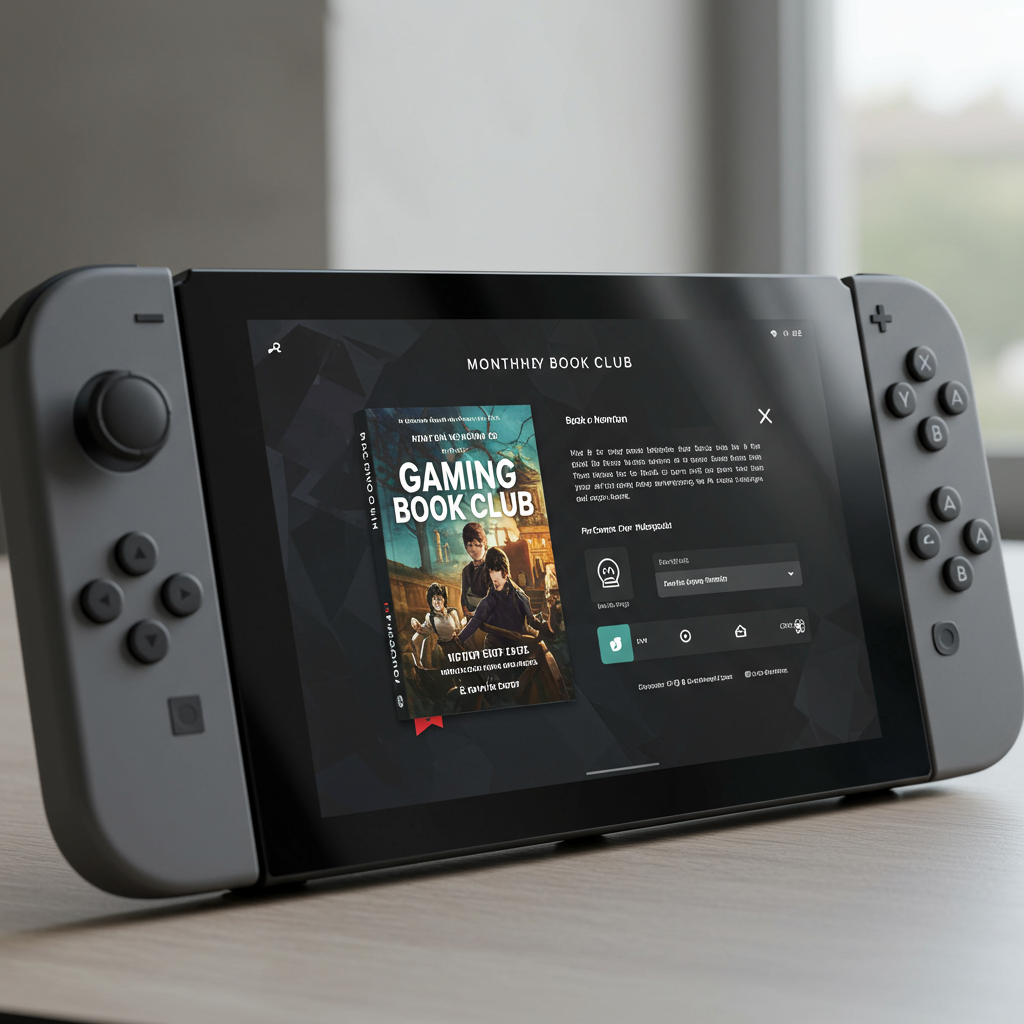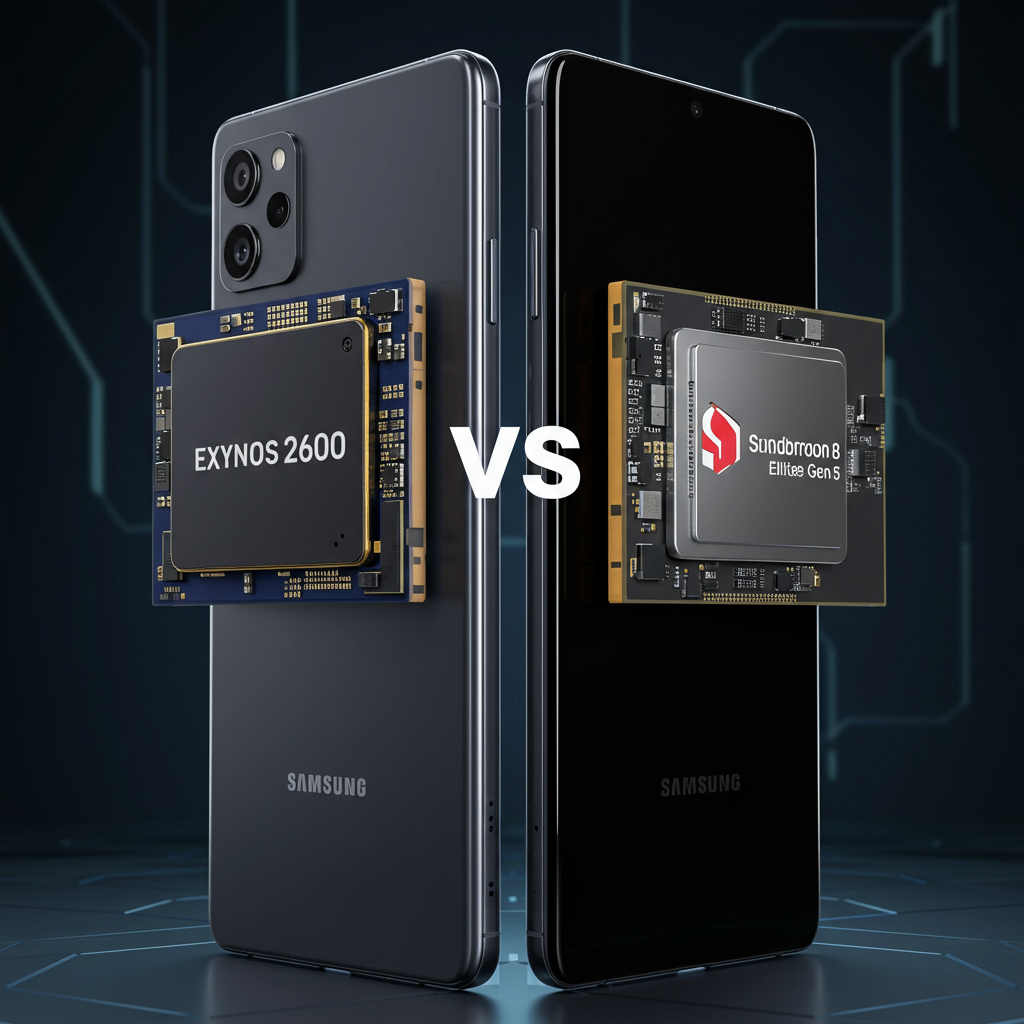The initial buzz around the Nintendo Switch 2’s launch, featuring titles like Mario Kart World, left some players feeling underwhelmed. Many expected a massive library akin to the PlayStation 5’s packed debut. Yet, this seemingly reserved rollout was not a misstep. Instead, it signals a deliberate, refined approach from Nintendo: a unique “monthly gaming book club” strategy designed to win the crucial “attention war.” This sophisticated model ensures consistent engagement and genuine value, a stark contrast to traditional console battles.
Beyond the Hype: Nintendo’s “Attention War” Strategy
Nintendo is no longer solely battling in the traditional “console war” that emphasizes raw power or sheer number of launch titles. Their focus has shifted to an “attention war.” While the PlayStation 5 offered a robust 2020 launch with hits like Astro’s Playroom, Spider-Man: Miles Morales, Demon’s Souls, and Sackboy: A Big Adventure, the Switch 2’s leaner initial lineup raised eyebrows. However, the narrative quickly changed. Less than two months later, Donkey Kong Bananza arrived, reigniting widespread excitement. This “Game of the Year contender” swiftly recaptured the spotlight, proving Nintendo’s carefully timed, one-two punch effectively builds momentum.
This strategic cadence creates enduring demand. Despite the controlled release, the Nintendo Switch 2 faced significant scarcity post-launch, with consoles rapidly selling out across major retailers in the United States. This high demand, even with a phased content rollout, underscores the success of Nintendo’s unique market position. Unlike its competitors, the Switch 2, with its hybrid home and portable capabilities and an 8-inch LCD screen, appeals to a broad audience, from families to individual players seeking versatile gaming experiences.
The “Book Club” Model: A Masterclass in Player Engagement
Nintendo’s “book club” strategy involves delivering first-party games consistently, almost monthly. This approach was meticulously refined during the original Nintendo Switch era. A review of the 2024 release calendar reveals this precision. Nintendo launched exactly twelve first-party games, each carefully spaced a month apart. Remakes and remasters often filled gaps, ensuring a constant flow of new content.
Consider the 2024 lineup:
January 19: Another Code: Recollection
February 16: Mario vs. Donkey Kong
March 22: Princess Peach Showtime!
May 2: Endless Ocean: Luminous
May 23: Paper Mario: The Thousand-Year Door
June 27: Luigi’s Mansion 2 HD
July 18: Nintendo World Championships: NES Edition
August 29: Emio – The Smiling Man: Famicom Detective Club
September 26: The Legend of Zelda: Echoes of Wisdom
October 17: Super Mario Party Jamboree
November 7: Mario & Luigi: Brothership
December 5: Fitness Boxing 3: Your Personal Trainer
This consistent delivery is made possible by Nintendo’s deep well of beloved intellectual properties and its creative development processes. For instance, the new Emio – The Smiling Man: Famicom Detective Club emerged after its writer, Sakamoto, was re-inspired by working on remakes. Collaborating with other talents like Miyachi, Nintendo can inject fresh perspectives into existing series, broadening their appeal. This commitment to internal development allows Nintendo to precisely control its release calendar.
The Social & Personal Connection
This monthly rhythm fosters a powerful social dynamic. Each new title becomes a “watercooler conversation starter,” much like a shared novel in a book club. Players can fully immerse themselves in one game before the next arrives, leading to deeper discussions and community engagement. Skipping a game means missing out on these shared experiences with other dedicated Switch owners.
For many, this approach transforms gaming into an integrated part of daily life. For example, during the original Switch era, the console became a “lifeline to fun” for new parents, allowing quick gaming sessions during baby naps. Titles like Animal Crossing: New Horizons even became a “blessed oasis” during the COVID-19 pandemic, offering vital connection during isolation. The Switch’s hybrid design, which allows players to “dip into games whenever I had a moment,” is crucial to this deep personal integration. This sentimental attachment often transcends technical specifications, making the Switch a truly meaningful console.
Managing the Modern Gaming Overload
Nintendo’s “one at a time” strategy offers a unique advantage in today’s often overwhelming digital landscape. Unlike streaming services such as Netflix or Disney+, which struggle with a glut of content that can feel like a “chore to keep up with,” Nintendo provides a manageable flow. This prevents players from being swamped by an impossible backlog.
Early Switch 2 adopters had ample time to thoroughly explore Mario Kart World—digging into its free-roam mode and online races—before Donkey Kong Bananza launched. This allows each game room to breathe, preventing new releases from immediately fading into a “cultural memory hole.” This deliberate pacing ensures deeper player engagement and a more satisfying experience, effectively winning the “attention war” by valuing player time and focus.
The Path Ahead for Nintendo Switch 2
The “book club” model is fully underway for the Nintendo Switch 2 and shows no signs of slowing down. Following June’s Mario Kart World and July’s Donkey Kong Bananza, August prepares for Drag X Drive. Pokémon Legends: Z-A is confirmed for October. With highly anticipated titles like Metroid Prime 4: Beyond, Hyrule Warriors: Age of Imprisonment, and Kirby Air Riders expected in 2025, it is clear Nintendo aims to deliver a first-party moment every month. While not every title will be a blockbuster, their consistent release will undoubtedly keep conversations flowing and players continually engaged.
This strategic consistency, combined with the Switch 2’s enhanced hardware features like 256 GB of internal storage expandable via microSD Express, positions Nintendo uniquely in the competitive console market. By focusing on a digestible, consistent content stream, Nintendo fosters a dedicated community and ensures its games remain relevant for extended periods.
Frequently Asked Questions
What is Nintendo’s “book club” strategy for the Switch 2?
Nintendo’s “book club” strategy is a deliberate content release model. Instead of launching many games at once, Nintendo releases a key first-party title almost every month. This approach, refined during the original Switch era, ensures each game receives player attention and discussion. It helps Nintendo win the “attention war” by preventing player overwhelm and fostering continuous engagement.
How does Nintendo maintain a consistent monthly release schedule?
Nintendo maintains this schedule by leveraging its vast library of intellectual properties, including new titles, remakes, and remasters. Their internal development teams and collaborative processes, such as those seen with Emio – The Smiling Man: Famicom Detective Club, allow them to continuously develop and refresh content. This strategic control over their first-party lineup ensures a steady flow of engaging experiences for their player base.
Should I consider purchasing a Nintendo Switch 2 based on this release model?
If you appreciate a curated, manageable gaming experience that encourages deep engagement with individual titles, the Nintendo Switch 2’s “book club” model is highly appealing. It prevents backlog pressure common with other platforms and fosters a strong sense of community around new releases. Despite initial perceived launch limitations, the consistent quality and flow of first-party games make it an excellent choice for sustained entertainment and social interaction.
Nintendo’s innovative strategy goes beyond selling consoles. It’s about cultivating a dedicated community and providing a steady, manageable stream of engaging experiences. By delivering a new “chapter” each month, Nintendo ensures its games remain central to player conversations and daily life. Stop begging for the next big game; it’s time to join Nintendo’s thriving book club.



